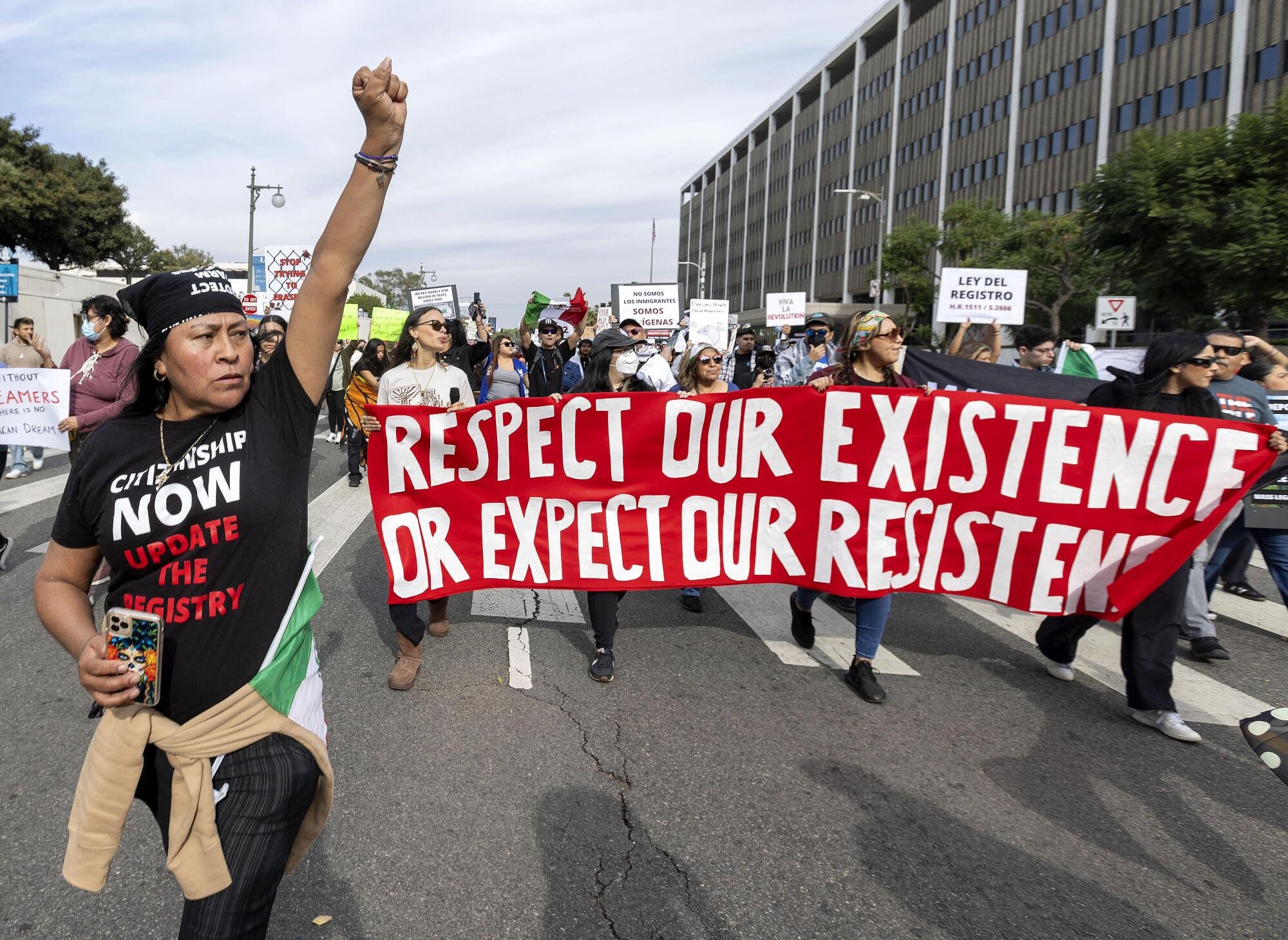
Frequently Asked Questions!
-
Refugees are people forced to flee their own country and seek safety in another country. They are unable to return to their own country because of feared persecution as a result of who they are, what they believe in or say, or because of armed conflict, violence or serious public disorder.
-
Seeking asylum is a human right and every person in the world has the right to apply for asylum if they are fleeing conflict or persecution. They must not be expelled or returned to situations where their lives or freedoms would be in danger. This is the principle of non-refoulement which is enshrined in the 1951 Refugee Convention. It is also part of human rights law and customary international law and must be guaranteed by all countries.
-
In 1987, Oregon passed the nation's first Sanctuary to protect from being targeted because of their perceived immigration status, the color of their skin, or accent. Portland is also a sanctuary city, committed to welcoming immigrants and not using state/city funds to enforce immigration law.
-
Oregon being a Sanctuary state DOES NOT MEAN that Immigration and Customs Enforcement (ICE) agents will stop making arrests. WHAT IT DOES MEAN IS THAT it is against Oregon law for state and local government agencies to participate directly or indirectly with immigration enforcement without a court order.
-
If you or someone you know experienced a violation of Oregon’s Sanctuary Promise laws: Call 1-844-924-STAY / (1-844-6-AMPARO) or Report online at: SanctuaryPromise.Oregon.gov. The Oregon DOJ hotline provides support, resources, and may investigate the violation.
-
In 1987, Oregon passed the nation's first Sanctuary to protect from being targeted because of their perceived immigration status, the color of their skin, or accent. Portland is also a sanctuary city, committed to welcoming immigrants and not using state/city funds to enforce immigration law. The Sanctuary Promise Act (2021) strengthened statewide protections by requiring local and state agencies to stay out of immigration enforcement and report and deny federal requests unless backed by a judicial warrant.
-
Oregon’s state, county, city, and special government agencies are all public bodies. Some examples include: Department of Human Services (DHS, Department of Motor Vehicles (DMV), Child support offices at the county level or within the Oregon Department of Justice.
-
Stay calm and keep your hands where the officer can see them. You have the right to remain silent if you are questioned or arrested. Do not speak or lie about your immigration status, and do not provide false documents. Do not give permission to search your home, your car, or yourself. Do not sign any documents and say that you want to speak with a lawyer.
Call PIRC: 1-888-622-1510
-
Do not open the door unless you see a valid judicial warrant to enter your home (issued by a court and signed by a judge). If you do not see a judicial warrant, keep the door closed and call PIRC at 1-888-622-1510 to report ICE activity.
-
Call PIRC at 1-888-622-1510 to report ICE activity or if someone has been detained by ICE.
-
First, stay calm. If safe to do so, record what happens or take detailed notes such as following C.L.E.A.R.
Count: "3 officers, 1 van"
Location: "SE 2nd and Morrison, Portland"
Equipment: "Blue uniforms that say ICE, Van unmarked"
Activity: "Officers are checking ID's"
Report Time: "2:45PM Thursday February 27"Remind the person of their rights to remain silent, right to ask for a lawyer and not to sign anything without legal advice.
Call PIRC: 1-888-622-1510
-
In Oregon, ICE arrests have been seen in public places. However, everyone has the right to remain silent and to ask if they are free to leave. The most important thing is to stay calm during these moments and know your rights to protect yourself.
-
Latino Network has created a social media post with tips on how to facilitate a conversation about immigration. We also created a reel to hear and explain more.
-
The right to protest, also known as the right of assembly, is a fundamental freedom protected by the First Amendment of the United States Constitution. Check out our blog post here to know more!
-
Understanding your rights while traveling is essential to stay safe and protect yourself. This blog created by Latino Network offers important information to help you respond confidently in any situation. This is not legal advice — for legal advice, we recommend talking to a lawyer — but we want to share some needed tips.
-
Portland Immigrant Rights Coalition is tracking ICE activity in Oregon.
PIRC: 1-888-692-1510
This is the number to call if you suspect or witness any type of ICE or federal agent activity, or if you know someone has been detained.
You have the right to talk about and publicize truthful information you obtain lawfully, including about what law enforcement officers are doing and where they are doing it.
More information about this here: Talking to People About Their Rights | American Civil Liberties Union



